Does Water Have Calories?
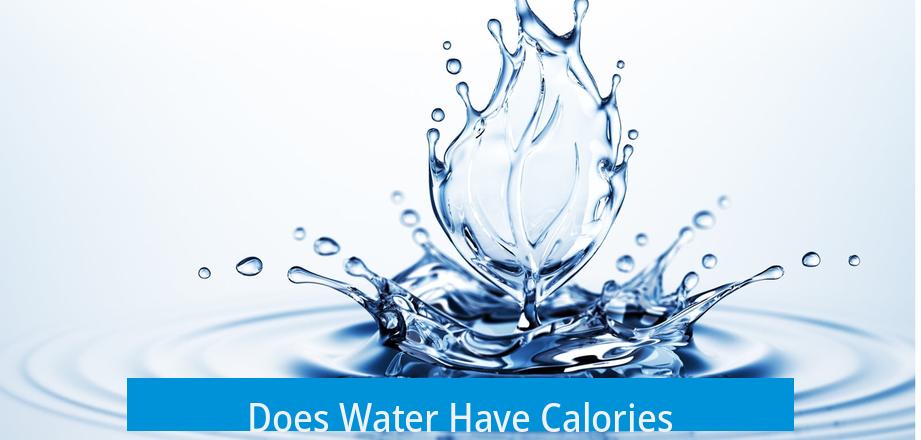
Water itself does not contain calories as energy for the human body. Calories measure energy, usually from nutrients like carbohydrates, fats, or proteins. Water contains no nutrients that provide metabolic energy, so drinking water does not supply calories.
What Are Calories?
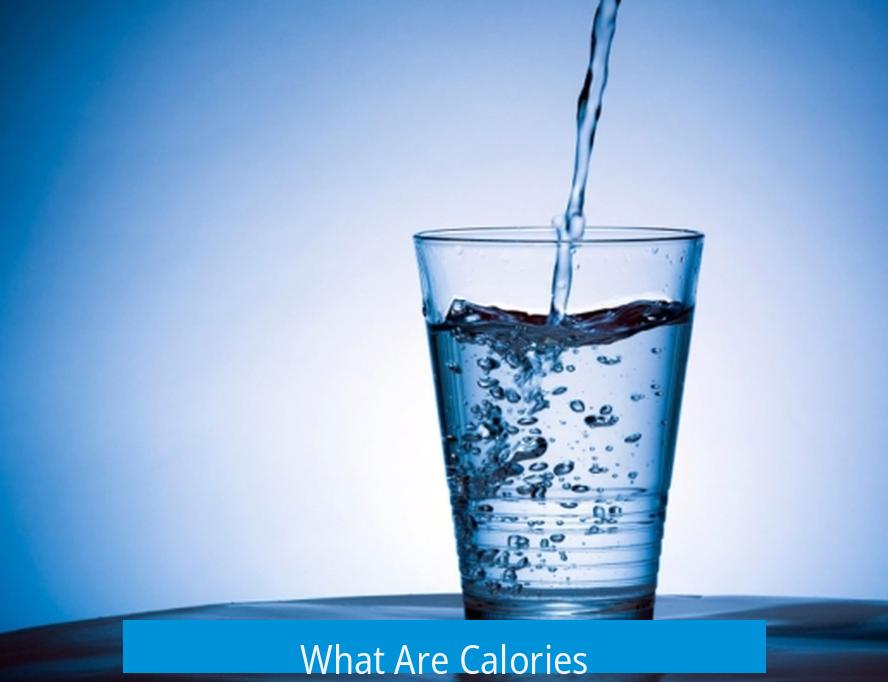
- A calorie quantifies energy, not a food substance.
- It measures how much energy a substance can release or store.
- In physics, calories and joules are units representing energy.
Water’s Energy Content
Water has thermal energy due to its high specific heat. This means it can store or absorb significant heat without changing temperature quickly. However, this thermal energy is not the same as calories your body uses from food.
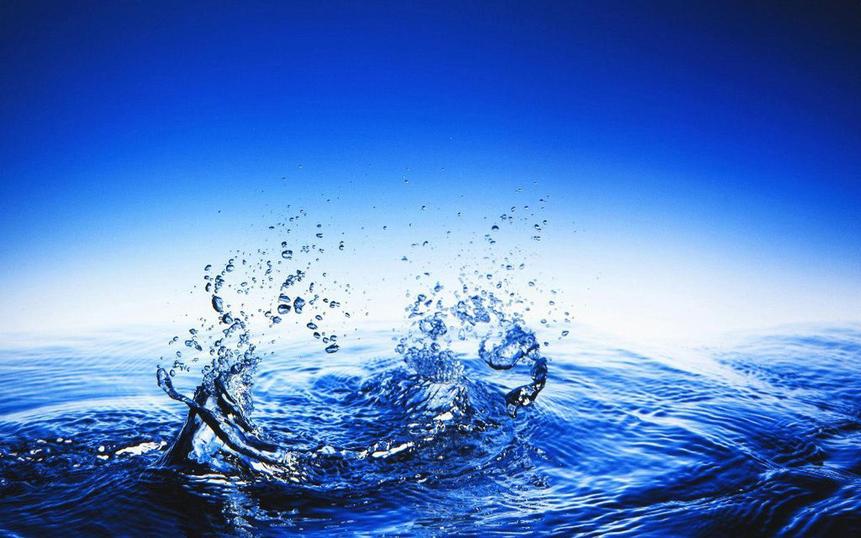
Chemically, water can release energy in reactions, but these processes are outside normal biology and do not supply energy to the body through drinking water.
How Water Interacts with Human Energy Use
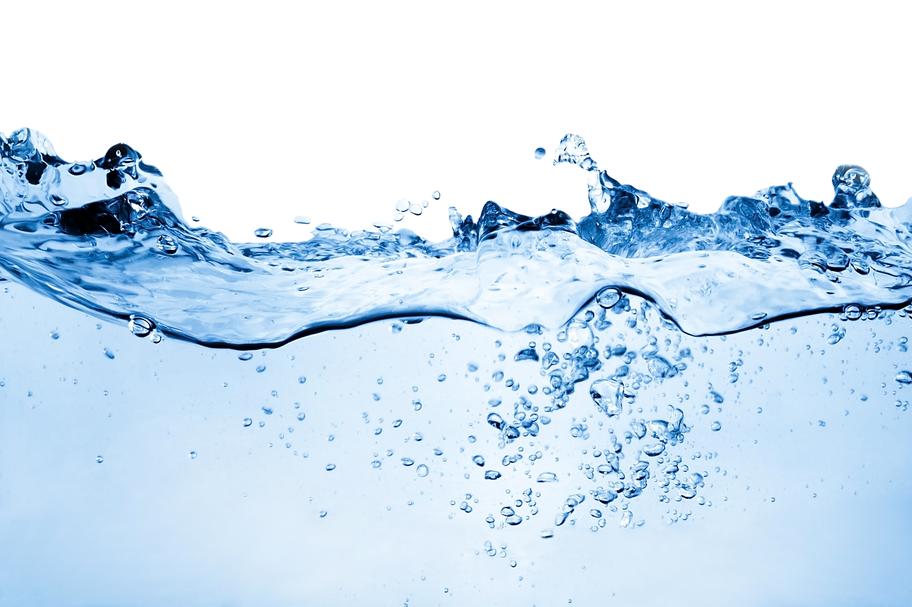
Water does not provide calories directly, but it can affect the body’s energy balance. For example, drinking cold water cools the body slightly and requires energy to warm it back up to body temperature. This process uses calories from the body’s energy stores but does not come from the water itself.
Common Misconceptions About Water and Calories
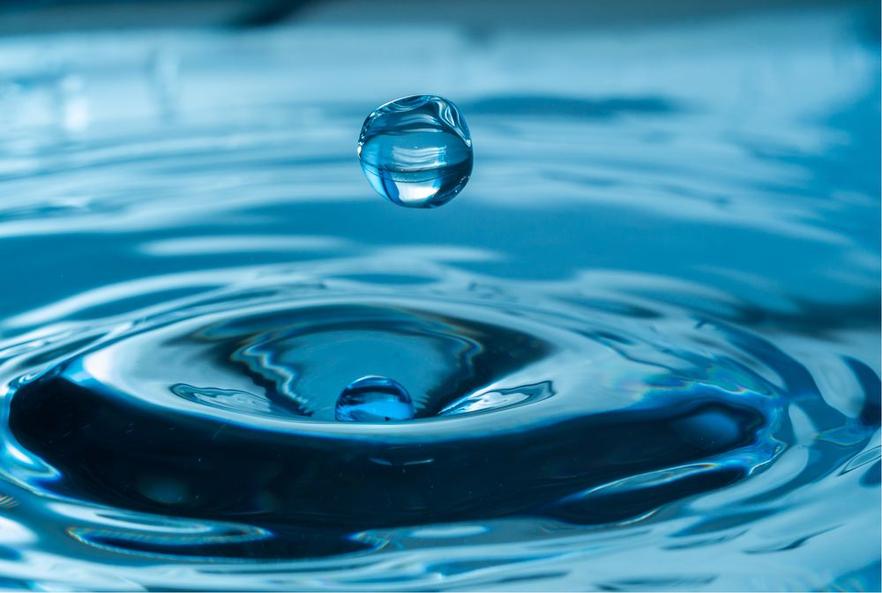
- Claims that water has thousands of calories often refer to physical or chemical energy in non-biological contexts.
- Energy content in fuels or physical potential energy does not translate to metabolic calories in water.
- Weight-for-weight comparisons of water and gasoline exaggerate differences without biological relevance.
Summary of Key Points
- Water contains no metabolic calories for the human body.
- Calories measure usable biological energy, which water lacks.
- Thermal and chemical energy in water exist but are not metabolically accessible.
- Drinking cold water may cause minor calorie expenditure via body warming.
- Claims about water having many calories stem from confusing physical energy with biological energy.
Does Water Have Calories? The Confusing Truth Explained
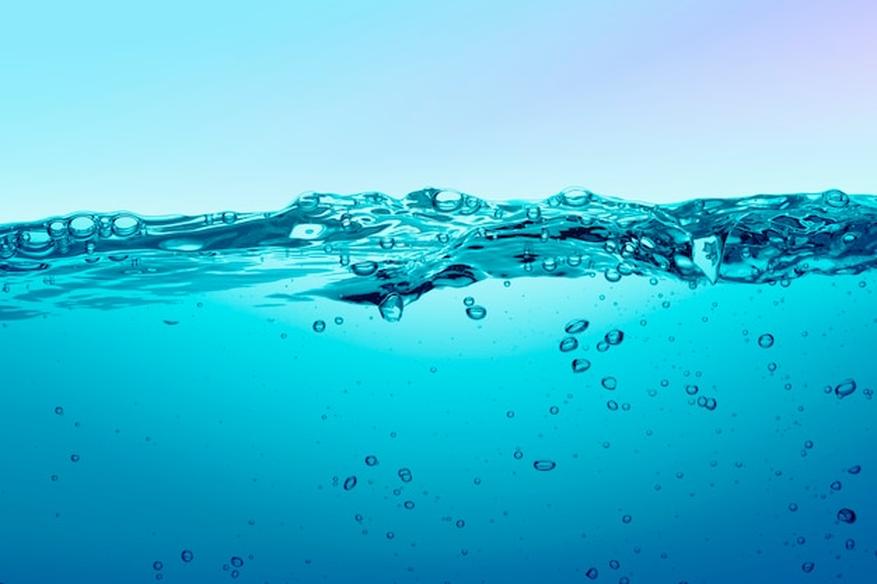
The quick answer: water, as we drink it, does not have calories in the way food does, so it doesn’t provide energy your body can use. Now, before you despair and think water is just nature’s tasteless, zero-energy filler, let’s break down what calories really mean when it comes to our favorite hydration source.
Many people hear “calorie” and instantly think food: carbs, proteins, fats — these give us energy. But a calorie is actually a unit of energy measurement. It shows us how much energy something contains or transfers. Water, being a simple molecule of H2O, is not a nutrient and doesn’t deliver energy your body can turn into fuel.
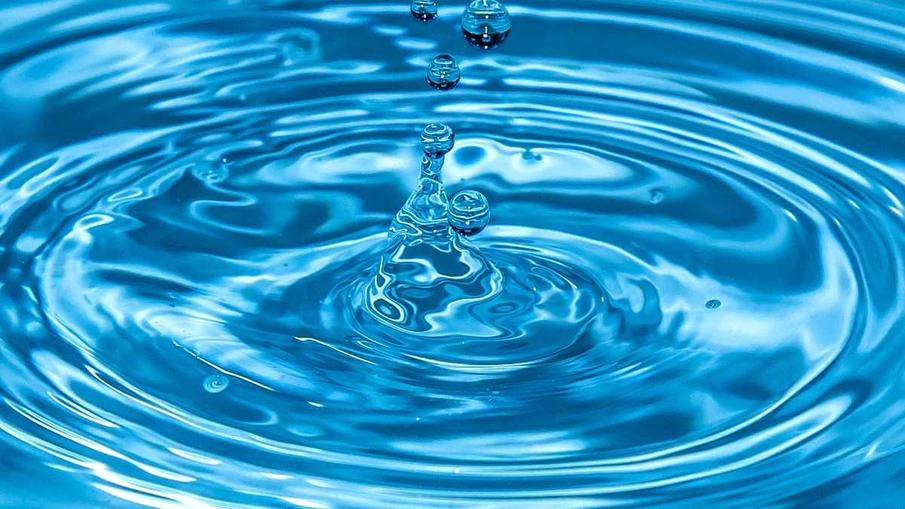
Calories: Energy or Nutrient?
Imagine you’re holding a stretched spring. The energy stored in that spring is similar to the concept of calories—energy waiting to be used. When you eat a banana or a slice of bread, your body breaks down those macronutrients, releasing chemical energy measured in calories. This energy keeps you running, jumping, thinking.
But when you drink water, your body doesn’t get fuel from it. There’s no glucose or fat waiting to burn. Water molecules carry no biological calories. If you see labels boasting “0 calories” on bottled water, it’s because water simply doesn’t count as an energy source in the dietary sense.
What About Water’s Energy? It’s More Than You Think!
Here’s a twist: scientifically, water *does* contain energy. But not the kind your body uses. Water has a high specific heat. That means it takes and stores a lot of thermal energy — heat. That’s why water heats up and cools down slowly. You can imagine it like a thermal battery. This property is vital for climate regulation and natural processes on Earth.
Additionally, water participates in chemical reactions that release energy, but none of these happen inside our bodies in a way that helps us get calories. Think of it like fireworks—lots of energy is released, but it’s not for human metabolism.
Does Water Influence How Many Calories You Burn?
Here’s where it gets interesting. While water itself doesn’t provide energy, it can *indirectly* affect your body’s energy use. Ever feel chilly after a cold drink? That’s because your body strives to maintain a constant internal temperature. Drinking cold water means your body must burn some calories to warm it back up. The same goes for hot water, which cools down.
This subtle dance—called homeostasis—can slightly increase your energy expenditure. But the calories your body uses to adjust to water temperature are tiny. Drinking ice water won’t melt away your stubborn belly fat, but every bit helps, right?
Clearing Up the 170,000 Calories Myth
Beware of wild claims like “16.9 fl oz of water has three times the potential energy of gasoline and upwards of 170,000 calories.” This sounds dramatic and impressive, but it’s misleading. The “calories” in this statement refer to scientific calories (sometimes called small calories or gram calories), not the dietary Calories (kilocalories) we digest. Plus, this huge energy amount refers to water’s potential chemical or thermal energy in a physics context—not anything you can drink and digest.
Gasoline is rich in chemical energy we can burn for transport. Water, on the other hand, is a byproduct of combustion, so comparing their energy content in this way creates confusion. For us humans, water’s energy content is practically zero when it comes to nutrition.
Why Should We Care That Water Has Calories? Practical Takeaways
If you’re counting calories or trying to lose weight, knowing water doesn’t add calories can reassure you that it’s safe to drink lots without worrying about weight gain. In fact, it might help with weight management:
- Drinking water before meals can reduce hunger, potentially leading to eating less.
- Cold water might nudge your metabolic rate, even if only slightly.
- Water replaces sugary drinks loaded with calories, making a big difference.
Meanwhile, if you want to optimize energy usage, consider how the temperature of water affects your body subtly. You don’t have to gulp down icicles or sip hot tea constantly, but being mindful of water’s role is smart.
Personal Experience: The Hydration Dilemma
Many people joke that water is a “calorie-free magic potion,” but after my own attempts to lose weight, I learned that water debt or surplus matters more than imagined. Overhydration without electrolyte balance isn’t wise. Also, if you exercise and sweat buckets, water intake impacts energy and recovery indirectly. So, water plays a critical supporting role in your metabolic orchestra.
The key message? Water doesn’t have usable calories for your body. Instead, it’s the vehicle, the environment, and the temperature regulator for your energy systems.
A Final Word on Water and Calories
Water’s “calories” are a classic case of scientific jargon vs. nutritional reality. The “calories” you see on food labels are kilocalories or Calories with a capital C — heat energy you get from food. The energy stored in water is physical or chemical but not accessible to your metabolism for energy. Drinking water won’t fuel your morning run, but it keeps you hydrated and supports all your bodily functions.
So, next time you grab a glass of water, sip confidently. It’s calorie-free in the diet world but brimming with quiet power in environmental and physiological ways. And isn’t that kind of cool?


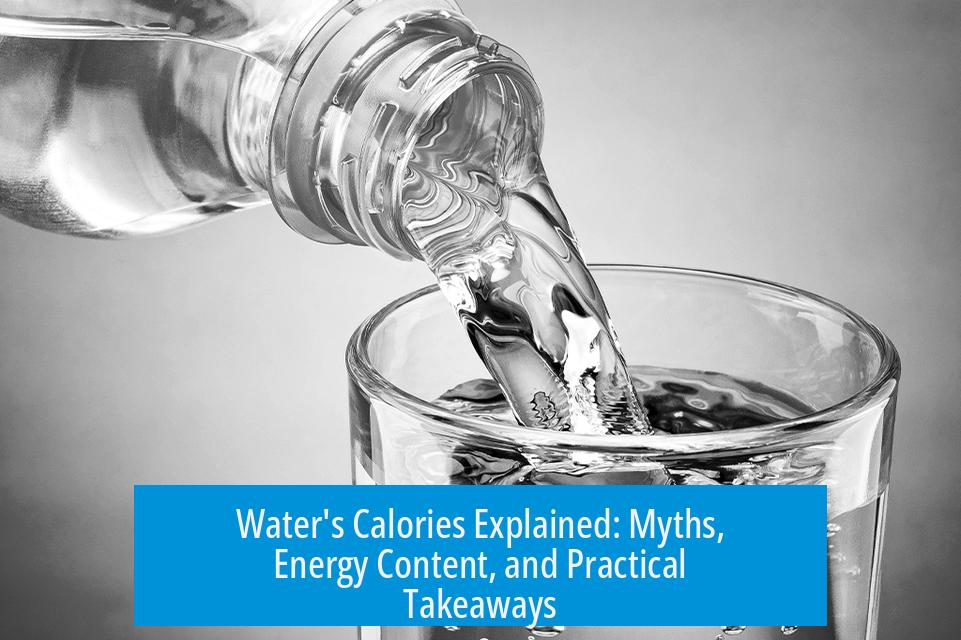

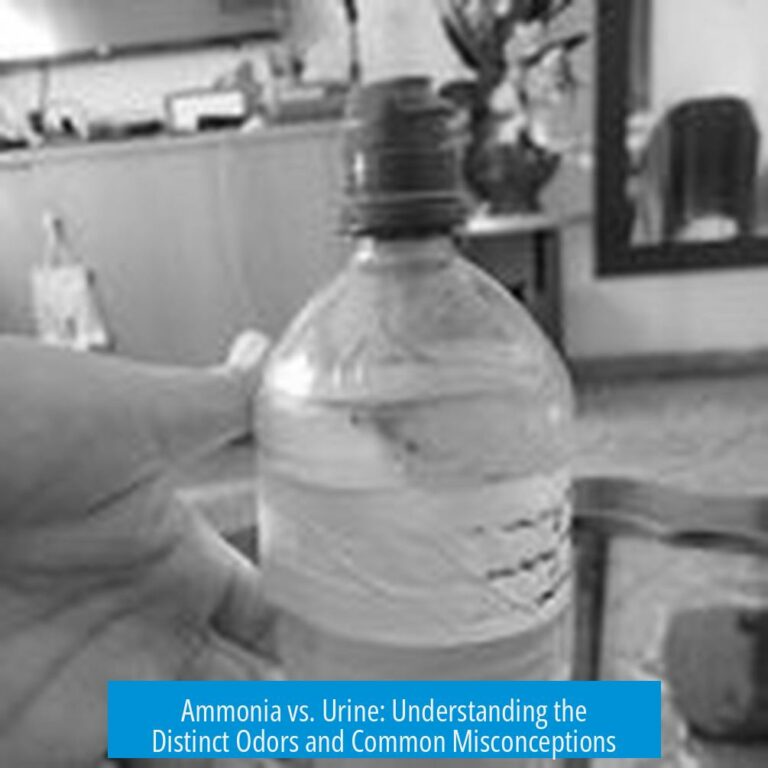
Leave a Comment